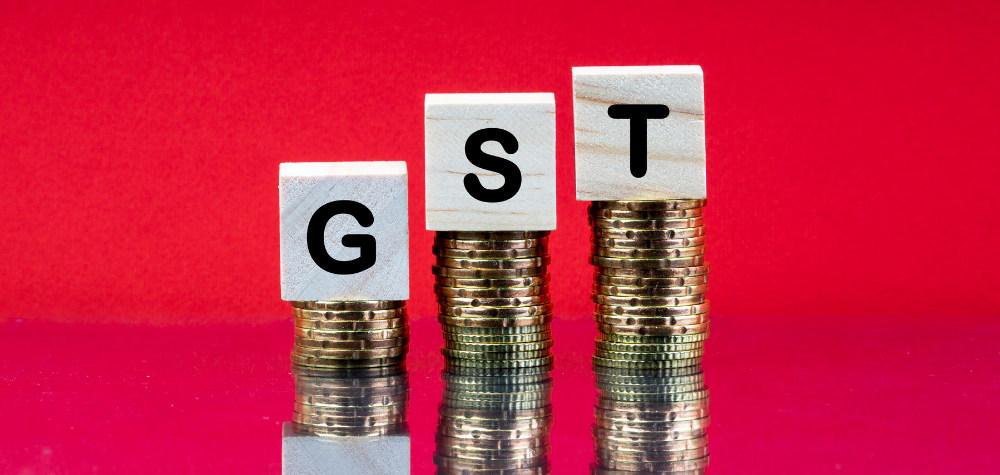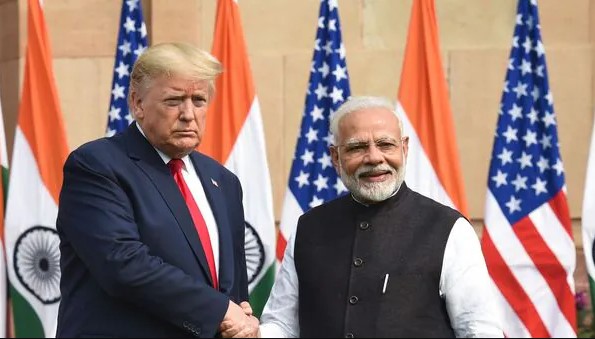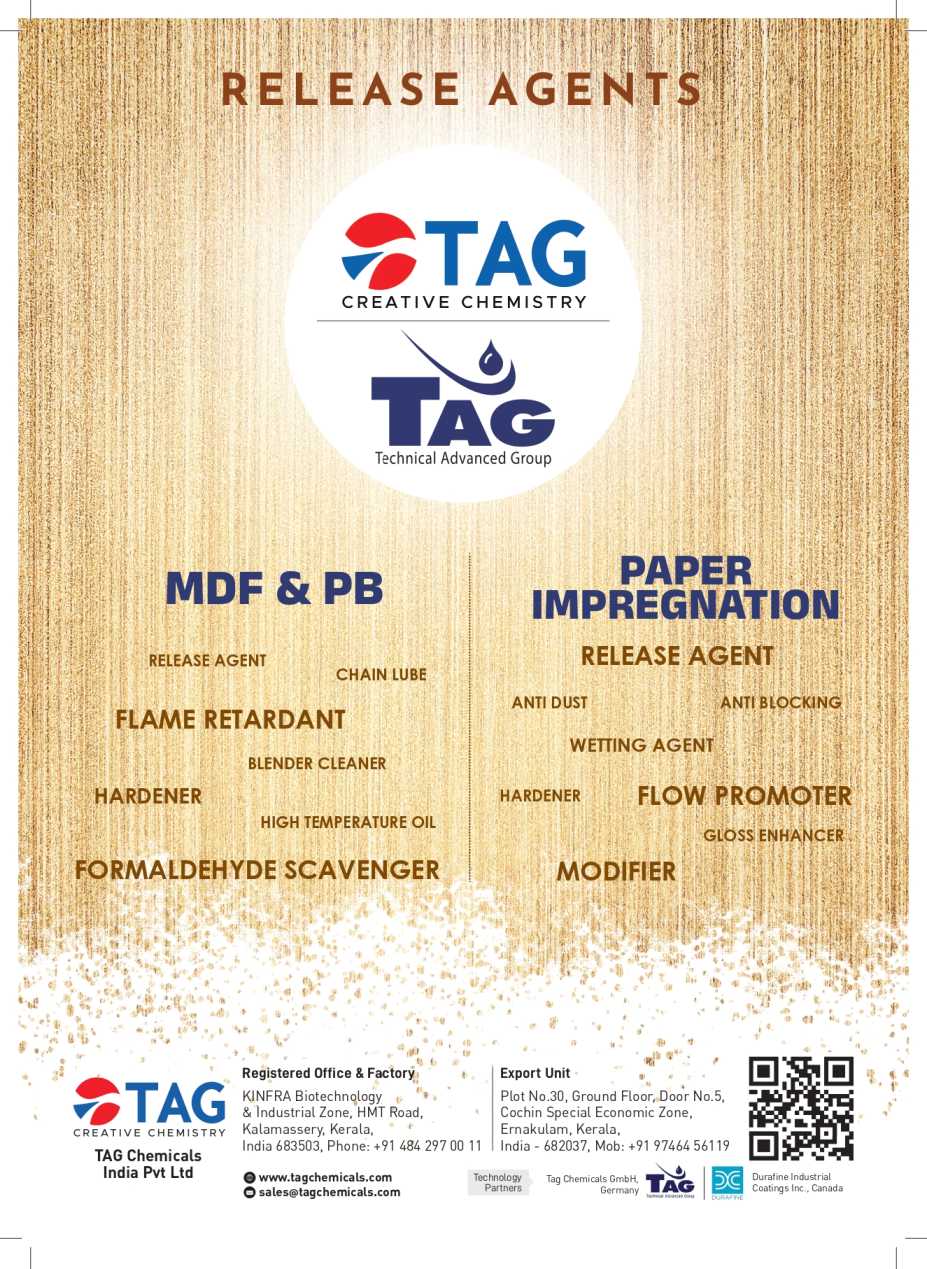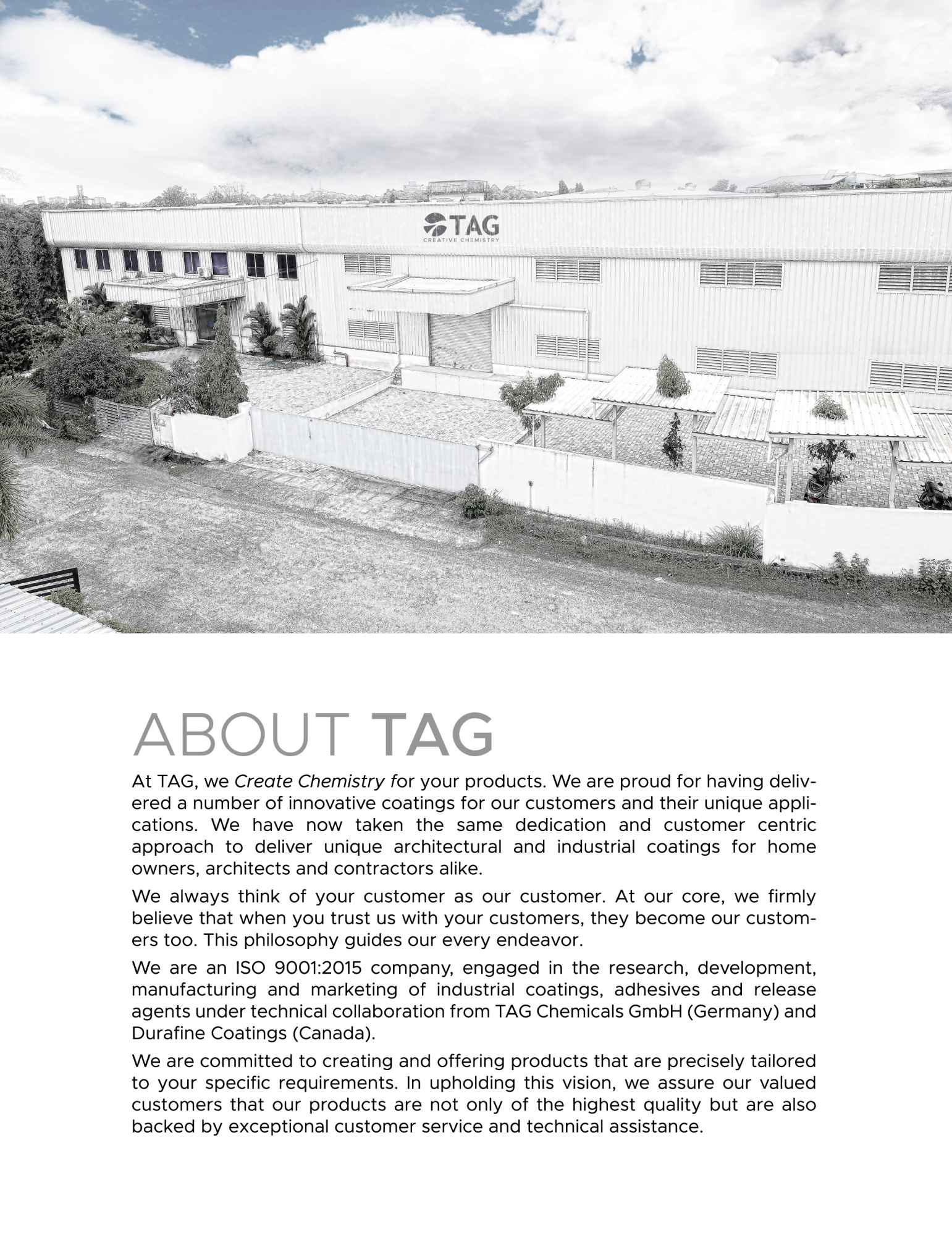
After GST I-T dept cracks down on bogus purchases
- May 10, 2025
- 0
The income tax (I-T) department has begun reopening hundreds of old assessment cases, targeting businesses that may have claimed fake or inflated purchases to suppress profits and reduce tax liability.
In some instances, authorities have even gone back as far as five years, where credible evidence of tax evasion has surfaced. Many businesses – are alleged to have used fake invoice from non-existent suppliers, often referred to as “entry operators”, to inflate expenses and wrongly claim input tax credits (ITC) under the goods and services tax (GST).
Even though these tax returns were originally processed and accepted without any questions or objections from the income tax department, they are now being reopened based on new evidence from GST authorities.
These cases are being reopened under Section 147 of the Income Tax Act, which empowers the department to reassess income has escaped assessment.
According to Section 148 of the Act, the tax department can reopen past cases up to three years from the end of the relevant financial year in normal cases and up to five years if the income escaped is more than 50 lakh, and is linked to an asset, expenditure, or book entry. If a taxpayer fails to prove the genuineness of purchases with credible documentation, the expenditure can be treated as unexplained and taxed accordingly, often with penalties.
The onus is on the tax-payer to prove that the purchases were genuine, goods purchased were actually received, and supported by documents such as e-way bills, Goods Received Notes, and transport records.
It would be appropriate for the purchasers to provide sufficient documentary evidence to prove that purchases are not bogus. However, mere reversal of input tax credits under GST laws would not be sufficient for income tax authorities to establish that purchases are bogus.

































































